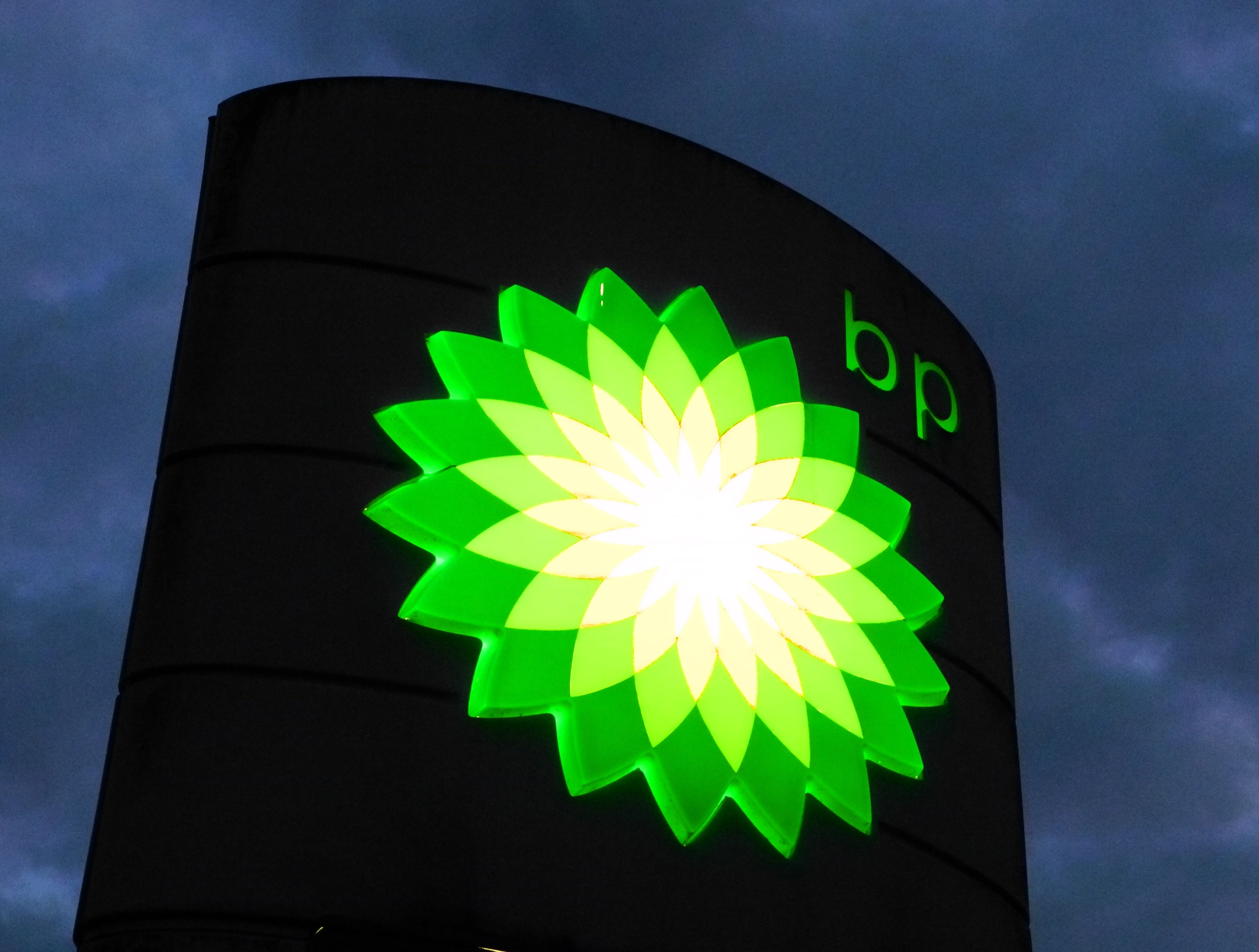FTSE rises as BP and Shell shrug off windfall tax
The Chancellor also announced an extra tax incentive to invest in pumping up more oil and gas.

Your support helps us to tell the story
From reproductive rights to climate change to Big Tech, The Independent is on the ground when the story is developing. Whether it's investigating the financials of Elon Musk's pro-Trump PAC or producing our latest documentary, 'The A Word', which shines a light on the American women fighting for reproductive rights, we know how important it is to parse out the facts from the messaging.
At such a critical moment in US history, we need reporters on the ground. Your donation allows us to keep sending journalists to speak to both sides of the story.
The Independent is trusted by Americans across the entire political spectrum. And unlike many other quality news outlets, we choose not to lock Americans out of our reporting and analysis with paywalls. We believe quality journalism should be available to everyone, paid for by those who can afford it.
Your support makes all the difference.Oil giants BP and Shell both saw their shares rise on Thursday despite the Government’s promise to slap them with a tax hike as investors seemed unconcerned by the news.
The companies, which have made bumper profits in recent months, will have to pay an extra 25% of their profits from the North Sea.
But the Chancellor also announced an extra tax incentive to invest in pumping up more oil and gas. This means the oil giants can avoid almost their entire tax bill.
“Whatever you want to call it, markets have been left largely unruffled by Rishi Sunak’s ‘windfall tax’. Shares in those big oil businesses slipped a touch in anticipation of the Chancellor’s non-budget but dusted themselves off pretty quickly as it became apparent that the stick came along with a pretty big carrot,” said AJ Bell financial analyst Danni Hewson.
If people are a little less worried about those autumn energy bills, they might not cut back in quite the same way
Shares in BP rose 1.8% while Shell’s gained 1.1%.
By the end of the day they had helped push the FTSE 100 up to 7,564.92, a rise of 0.6% or 42.17 points.
“Beleaguered retailers enjoyed something of a renaissance; B&M Bargains, Next, M&S and Primark owner Associated British Foods all enjoyed decent gains in their share price,” Ms Hewson said.
“If people are a little less worried about those autumn energy bills, they might not cut back in quite the same way.”
But despite the decent performance on the FTSE it fell behind many international peers. The Dax in Frankfurt rose 1.6% while Paris’s Cac 40 closed up 1.4%
A short while after the European indexes closed the S&P 500 on Wall Street was trading 1.8% higher while the Dow Jones gained 1.5%.
After initially gaining ground earlier on Thursday, the pound could buy 1.2581 dollars, up 0.06%, or 1.1729 euros, down 0.03%.
On Thursday morning it was revealed that Business Secretary Kwasi Kwarteng has ordered a review into French billionaire Patrick Drahi’s increased stake in BT.
Mr Drahi used to own 12.1% of the business, but upped it to 18% in December last year. He is the company’s biggest shareholder.
The Government will now review the move under the National Security and Investment Act.
Shares in the company dropped 2.4%.
Auto Trader, the online car seller, said it had its best ever year as car demand soared after lockdowns.
Chief executive Nathan Coe said it was the “best financial and operational performance in our history”.
Shares rose 2.4%.
The biggest risers on the FTSE 100 were Ocado, up 88.8p to 858.4p, Intermediate Capital Group, up 111p to 1,569.5p, B&M, up 30.9p to 456.1p, Next, up 394p to 6,522p, and JD Sports, up 7.15p to 336.6p.
The biggest fallers on the FTSE 100 were United Utilities, down 73.5p to 1,039p, SSE, down 86.0p to 1,781.5p, Severn Trent, down 130.0p to 2,941p, National Grid, down 40.5p to 1,186.5p, and Imperial Brands, down 54.0p to 1,787.5p.